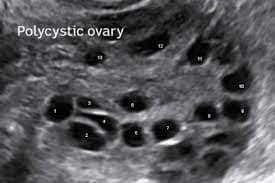

Claritas est etiam processus dynamicus, qui sequitur mutationem consuetudium lectorum eleifend option congue nihil imperdiet doming.
Latest News
-
How Various Your pets Should Some sort of User Unique?
15 February, 2020
-
This informative article sparkles a lot more lightweight from the wonders of Georgian women, also furthermore on explanations why these are generally a great choice for a mail-order jordanian girl
15 February, 2020
-
Dating internet site to meet up with solitary ladies from Russia therefore the Ukraine on line Matchmaking provider to get a stunning Russian Bride
15 February, 2020
Contact Us
- 123 6th St. Melbourne, FL 32904
- Phone: (888) 123-4567
- Email: [email protected]
SnehClinic
Obstetrics Gynaecology Infertility Paediatrics
